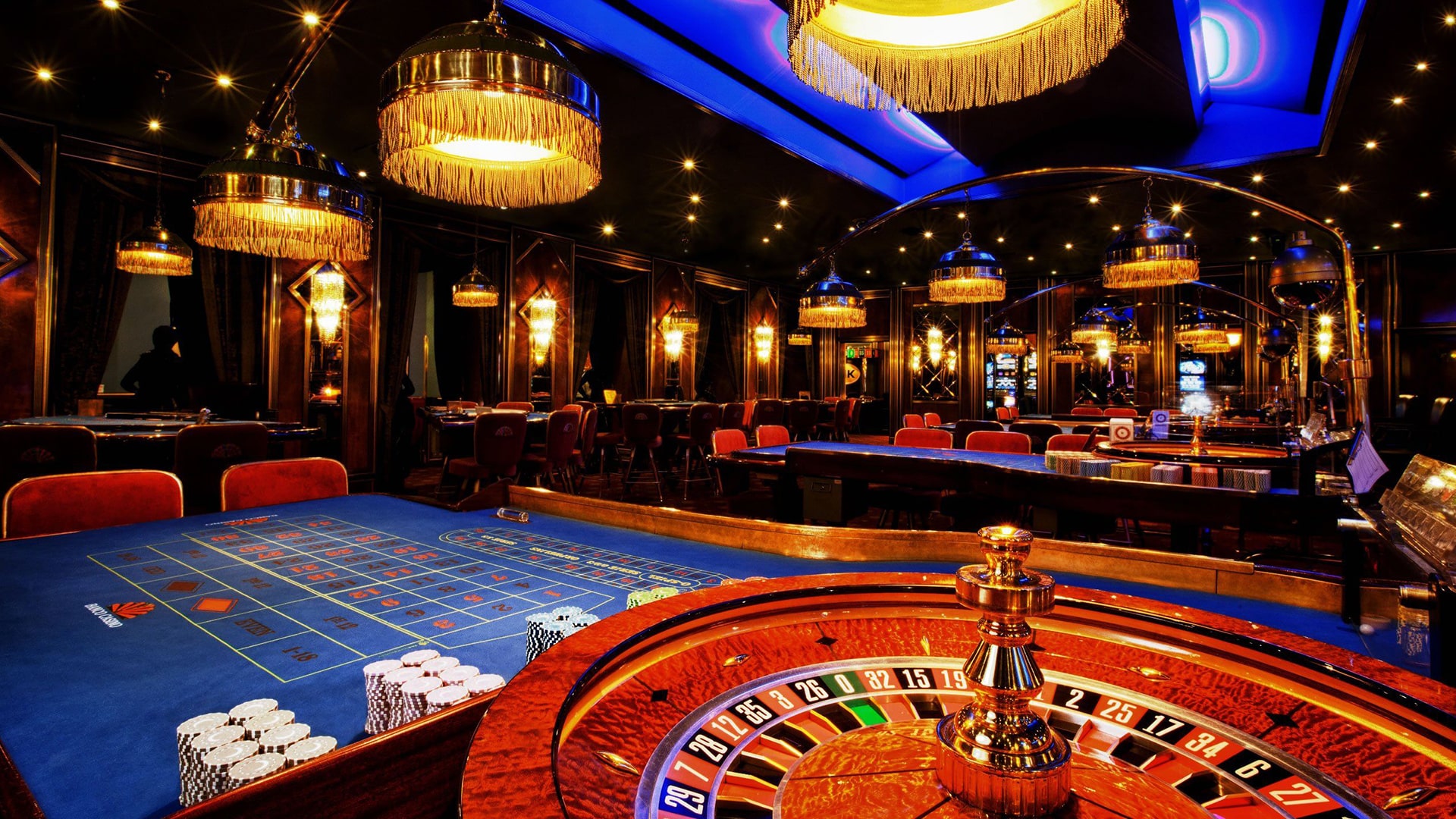
Gambling games have long been a staple in human culture, offering not just entertainment but a fascinating reflection of our dreams, wishes, and anxieties. From the turning reels of a slot machine to the skill-based strategies of poker, these games encapsulate a spectrum of human emotions and events. At their core, casino games are more than a chance to earn cash; they are a reflection of life itself, where risk and reward merge and fate can change in an moment.
As players gather around tables or sit in front of brightly lit machines, they take part in a ceremony that transcends mere playing. rr888 These games reflect our innate desires for connection, thrill, and the search for fortune. They also unveil deeper truths about human psychology, such as our relationship with luck and the excitement of risk. In exploring casino games, we discover not only the mechanics of play but also the rich tapestry of the human story, showcasing our interconnected narratives of hope and reality.
The Psychology of Gambling
Wagering is intrinsically connected in the psyche of individuals, appealing to various feelings and desires. The thrill of risk-taking is a fundamental aspect that attracts participants, be it it’s excitement of spinning a roulette or the anticipation of drawing a winning hand in poker. This adrenaline is frequently likened to other forms of thrill, as the uncertainty of outcomes triggers a distinct psychological response. Gamblers often become entranced by the possibility of striking it rich, leading to an irresistible draw toward gambling games.
Another, a crucial component of the psychology behind gambling is the concept of hope and ambition. Players often indulge in fantasies of financial freedom and the opulent lifestyle that can accompany winning. This optimism fuels their continued participation in casino games, as it provides a sense of purpose and the belief that a transformative win could be just one bet away. The story of beating the odds and finding success resonates with many, strengthening their commitment to play and engage with these games.
Lastly, social aspects play a crucial role in gambling psychology. Gambling venues are designed to promote social interaction, where players gather to share the experience of wins and losses. This communal aspect not only amplifies enjoyment but also influences behavior, as individuals often imitate the actions of others around them. The social validation found in mutual thrill can magnify the emotional experience, making casino games a reflection of not just personal desires but also collective engagement within the gaming community.
## The Dual Nature of Risk and Reward
Gambling games embody the delicate balance between risk and gain that resonates deeply with the human experience. The thrill of placing a bet is often accompanied by a surge of excitement, as players are confronted with the chance of a huge payout, yet conscious of the possibility to suffer losses. This dual experience reflects a core aspect of life: the decisions we face often come with intrinsic risks, and the chase for gain can drive us to embrace risks we might not normally consider. In this way, gambling activities reflect real-world choices, enticing players to gamble not just their funds, but also their hopes.
The allure of grand jackpots and winnings fuels a wave of hope, encouraging gamblers to imagine a more promising future that could emerge from a single victorious spin of the roulette or dealing of a hand. This hope can motivate individuals to engage in more daring actions, urging them to extend their limits in search of economic benefit. However, just as in life, the consequences of these risks can lead to both triumph and loss. The narratives of both big winners and those who have suffered everything at the tables demonstrate the unpredictable nature of luck and its impactful effect on our futures.
Ultimately, the interaction of engaging with gambling activities serves as a vivid illustration of the human condition. Every round played is loaded with the tension of ambiguity, as gamblers weigh the rewards against the dangers. This balance not only highlights the excitement that comes with gambling but also unveils the weaknesses that come with the desire for more. As we explore the complexities of choice and consequence in both the gambling world and in life, we find that the pursuit of risk and reward shapes our sense of self and experiences in deep ways.
Culture and Solitude in Casino Culture
Casino culture is a special mix of social engagement and individual endeavor, reflecting the dualities of human experience. Gamblers often gather around games, experiencing in the excitement of the game, celebrating wins, and sympathizing over losses. This social aspect is crucial, as it fosters a sense of belonging and camaraderie among varied groups of individuals. Regular attendees to gaming establishments may form friendships and develop routines, turning the gambling venue into a alternative home where they feel connected to a greater community of players.
However, the appeal of gambling games can also lead to isolation. As players become engrossed in the thrill of playing, they may isolate from personal connections or neglect to interact with the environment outside the casino. For some, the pursuit of a windfall can distract from genuine connections, leading to isolation. The situation of being among others yet feeling solitary is not rare, as the focus shifts from collective fun to the private stakes of each player’s path.
This interaction of community and isolation creates a vivid mosaic that defines gaming culture. It highlights the complexity of human interactions, where joy and despair exist together. Casinos serve as both a refuge for social engagement and a stage for individual struggles, illustrating how intimately connected our desire for connection and the individual quest for wealth can be. In navigating this landscape, gamblers confront their own narratives—seeking both the thrill of the wager and the companionship of fellow players, ultimately mirroring the broader spectrum of individual experience.
